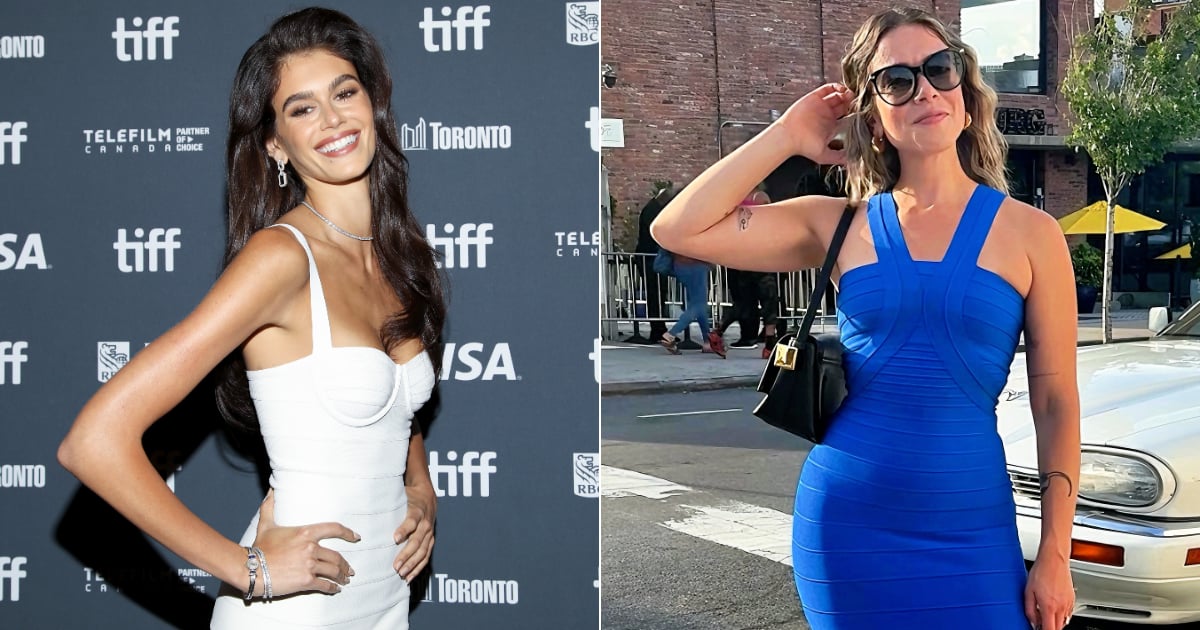Coach chief executive officer and brand president Todd Kahn threw a book party Thursday night for the brand’s former CEO Lew Frankfort’s new book, “Bag Man: The Story Behind the Improbable Rise of Coach” (Harvard Business Review Press, $32), which hits bookstores Tuesday.
The cocktail party took place at the Lew Frankfort Atrium at Coach’s headquarters at 10 Hudson Yards. Those in attendance included Joanne Crevoiserat, CEO of Tapestry; Stuart Vevers, Coach’s executive creative director; Veronica Swanson Beard; Veronica Miele Beard; Tanya Taylor; Karen Giberson; Avril Graham; Maryanne Grisz, and Freddie Leiba, along with Frankfort’s wife, Bobbie, and three children, Alana, Tamara and Sam.

You May Also Like
In a conversation with WWD before the party, the 79-year-old Frankfort spoke about why he wanted to write a book and what motivated him to share his story now.
“It was really heavily influenced by my kids,” said Frankfort, who retired from Coach in 2014 after a 35-year run. “I call them the three siblings, all professionals who felt that I should tell an authentic story with a third pillar being on fear of failure and mental health. Part of their motivation was that they lived through this with me, and I’ve been quite open about it, not only while I was at Coach with select people but, more increasingly, post-Coach as I mentor young founders and senior leaders of early-stage businesses who are dealing with their own demons.”

On the other side, Frankfort feels that Gen Z is a very different generation. “They’re much more open and see the world in all shades of gray. And I wanted to share with everyone that life is not a bowl of cherries no matter how successful you are, and everyone goes through challenges. No family is exempt from issues. So many people have come to me and thanked me,” he said.
The book chronicles how the son of a Bronx, N.Y., cop with a background in city government became an unlikely fashion industry leader who orchestrated one of retail’s most remarkable growth stories. Frankfort grew Coach from a $6 million family-owned maker of leather goods into a $5 billion publicly traded global powerhouse and legacy brand. The book describes how Coach grew to dominate the accessible luxury market and was one of the first U.S. brands to open its own stores; how it reinvigorated appeal with its trademark Signature C (the back-to-back twin C pattern); how unlike other brands it maintained full prices at retail stores following the 2008 crash; developed its overseas business in Japan and China, and created groundbreaking social media and digital campaigns.

In the book, Frankfort shares his struggles with depressive episodes and considers how the double-edged sword of fear and drive can lead to success, but also take painful tolls on one’s mental health.
Asked how he recalled all the specific details, events and meetings with people, Frankfort said he collaborated with Joanne Gordon, and they interviewed more than 75 people individually and used a lot of documents. His writing style included a lot of storytelling, so he went back to the people and tried to be as honest as he could, to not only base it on written records but to let other people who were there tell their own views on it.

One of the key aspects of Coach’s success at that time was the hiring of Reed Krakoff, who served as president and executive creative director. “We had a great partnership for many years, and with Reed, we transformed the business from an American house of leather to a lifestyle brand anchored in accessories. We experienced a remarkable renaissance, which led us to take Coach public. Reed was part of the team. When we talk about a transformation, it involved every aspect of the business — sourcing, retail stores, internet and creative, and I was fortunate enough to be able to recruit a very strong group of leaders who believed in possibilities and were seasoned through adversity, who had scaled and turned around businesses,” Frankfort said.
Frankfort said from his early days, he believed in open communication. “When I recruited a board to Coach, I wanted a group of people who my team and I would respect, and they had free access to meet with anyone on my team. I created a learning environment early on in the ’80s, which helped build a culture of people that believed in the magic and logic,” he said.
Describing magic, he said, “It’s everything from bold imagination to instincts to belief in possibilities, and on the logic side it’s everything from business metrics to collaboration, and curiosity I put on both sides, magic and logic.”
Frankfort said not having a background in fashion, he focused “initially and maniacally on the customer and the consumer and the competition.”
“From the very early days, I had a concept that Coach was a microcosm of the best of America, and that in many ways, we could become a truly democratized luxury brand because we don’t have a history of luxury.”
When Coach opened its first store in 1981 “we had lines to the corner. I knew we had something special.”
“I doubled down, and tripled down. But again, I was always mission-driven, so it really goes back to my values,” he said. When Frankfort retired, he was succeeded by Victor Luis as CEO from 2014 to 2019. Frankfort went on to form the Benvolio Group with his son and son-in-law to invest in early-stage, disruptive consumer-facing brands.
Frankfort said he could not be more excited than he is today about the future of Coach. “Coach is going through another renaissance under Stuart’s [Vevers] and Todd’s [Kahn] leadership, and when we talk about legacy brands, all brands have their ups and downs. The brands that are true legacy brands that can serve generations of consumers, when they recover, they have new highs and there are very few of them. There are more customers today who love Coach more than at any time in our history. Its sales are large, its profits are larger. The market cap, and the zeitgeist is Gen Z. When I started, I focused on Baby Boomers and Gen X, and then Millennials. The magic and logic permeates Coach’s DNA today.”
As for what he’s most proud of in building the Coach business, Frankfort said, “It’s truly in the hearts and minds of consumers as a beloved brand in its eighth decade. I’m very proud of the team, and the potential for the brand in the future years is boundless.”


